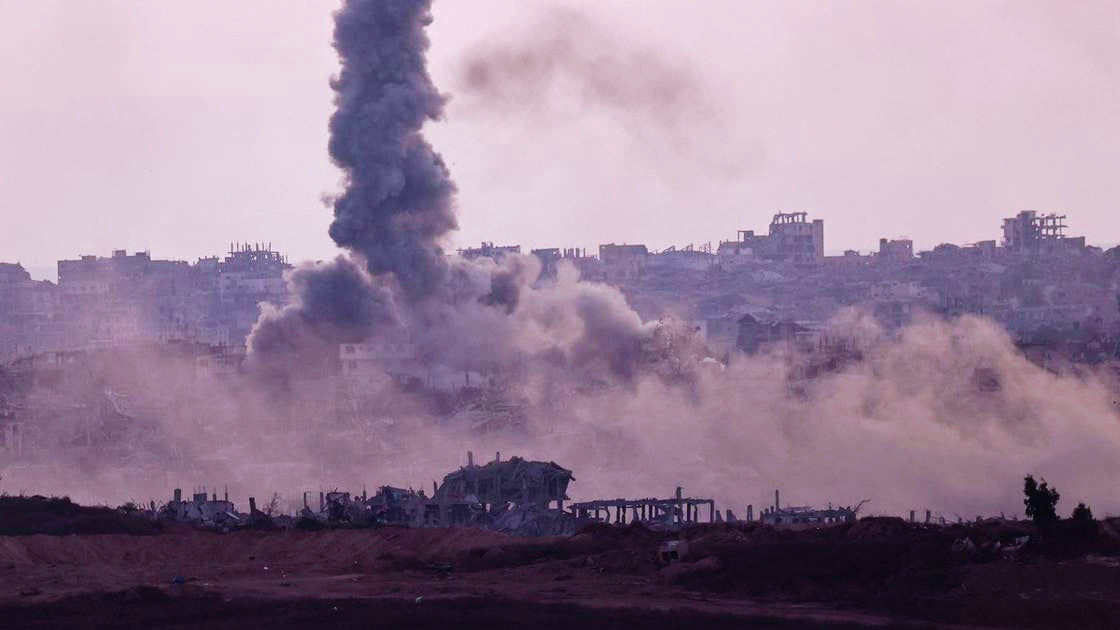More than 100 martyrs in Gaza in a bloody day due to Israeli airstrikes
July 15, 2025609 ViewsRead Time: 3 minutes

Font Size:
16
In a new bloody escalation, Israeli airstrikes on the Gaza Strip since yesterday morning until this Tuesday morning resulted in the killing of about 100 Palestinians, according to Palestinian medical sources, as military operations continue at an unprecedented pace covering various areas of the sector from north to south.
The death toll gradually increased in the past hours, starting at 32 fatalities and exceeding 88 to reach more than 100 victims, amid ongoing heavy aerial and artillery bombardment.
The airstrikes targeted scattered areas, most notably in the north of the sector where 15 were killed, in addition to the south in Rafah and Khan Yunis, and in the east in the Shejaiya and Tuffah neighborhoods, according to the German news agency.
In Rafah, medical sources reported the killing of two people and the injury of 9 others due to Israeli gunfire targeting a humanitarian aid distribution point in the Shakoush area, while an airstrike targeted a water tanker in the north of Nusairat, resulting in the death of one person and injuries to several others.
7 Palestinians were also killed in separate airstrikes in the southern part of the sector, and three bodies were recovered from under the rubble in eastern Khan Yunis, while the shelling in the east of Gaza City claimed the lives of 4 people and caused injuries.
Local sources reported the Israeli army's use of an explosive-laden robot in the Shejaiya neighborhood, indicating the diversity of weapons used in ground operations.
Despite this escalation, diplomatic efforts continue in the Qatari capital, Doha, where indirect talks are taking place between Israel and Hamas under Qatari and Egyptian sponsorship and with American participation, seeking to reach an agreement that includes a ceasefire and a prisoner exchange.
These developments come after talks that lasted two days last week between US President Donald Trump and Israeli Prime Minister Benjamin Netanyahu, but ended without any significant progress in de-escalation efforts, according to the Associated Press.
Meanwhile, UN agencies issued a strongly worded warning about the humanitarian situation in the sector, noting that a severe fuel shortage threatens a complete halt to relief operations.
They explained that some hospitals have actually stopped operating, while ambulances are unable to move, adding that the fuel shortage will lead to a halt in water production, sanitation, and communications, as well as paralyze the operation of bakeries and community kitchens.
UN agencies pointed out that around 150,000 liters of fuel entered Gaza last week, the first shipment in 130 days, but it remains a small quantity compared to the daily need to secure the most basic necessities of life.
Since the outbreak of the war on October 7, 2023, the Ministry of Health in Gaza has documented the killing of more than 58,000 Palestinians and the injury of over 138,000, the majority of whom are women and children, while the sector witnesses deteriorating humanitarian conditions under the Israeli blockade and a shortage of essential food, medical, and humanitarian supplies.